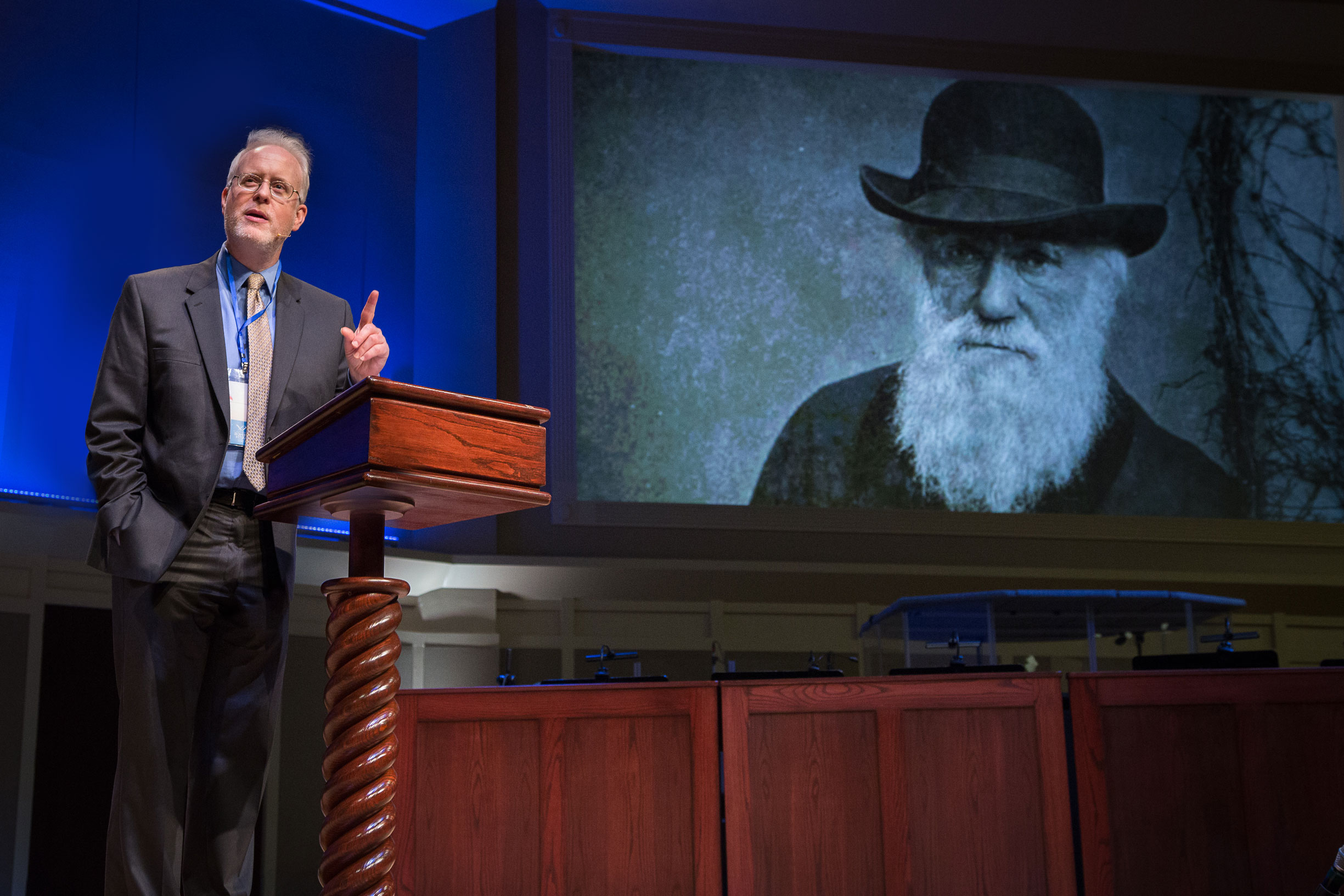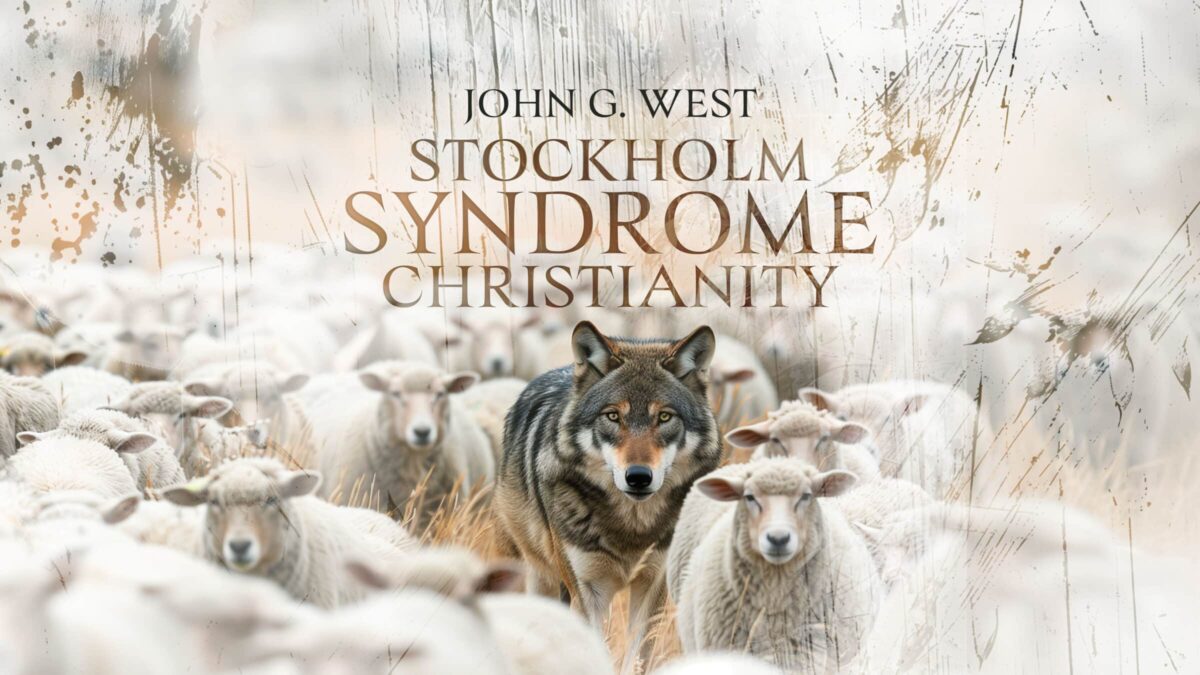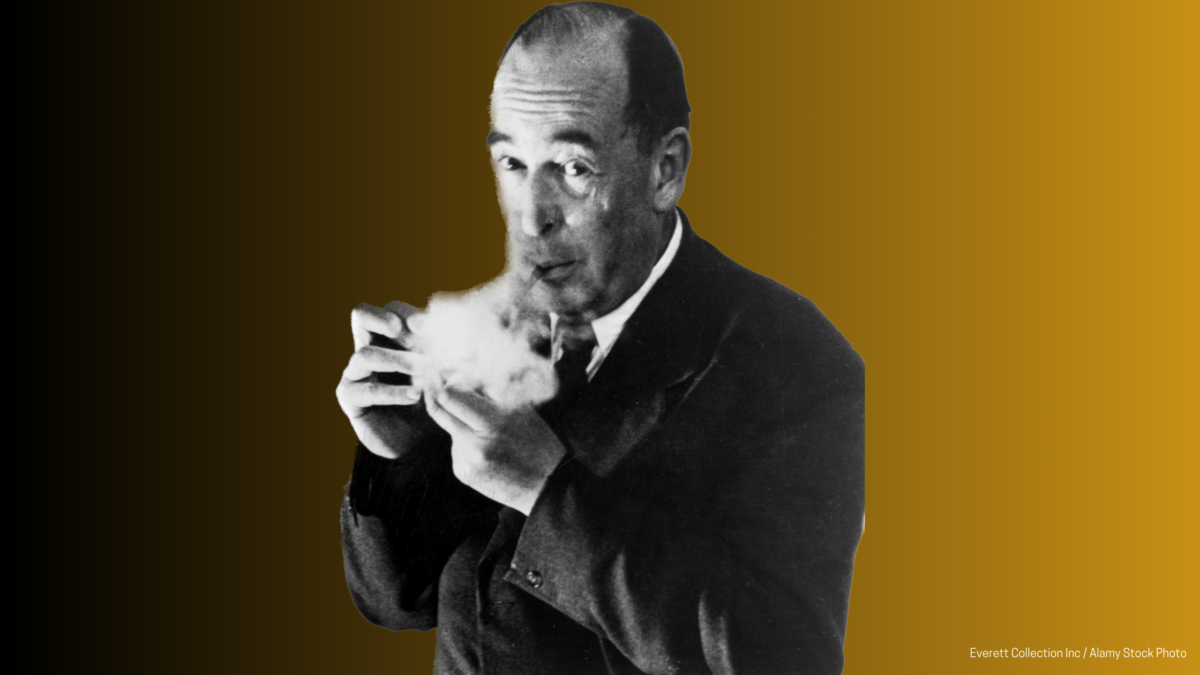

John G. West
Author, Filmmaker, and Cultural Commentator
Ideas can enslave people, and ideas can make people free. Ideas can close our minds to the obvious, or open our eyes to vistas previously unimagined. Ideas shape our world, and my life is devoted to exploring the power of ideas in our politics, our culture, and our daily lives.
Previously a college professor, I am currently Vice President of Discovery Institute and Managing Director of its Center for Science and Culture, which I co-founded with philosopher of science Stephen Meyer back in 1996. I am an author, filmmaker, and cultural commentator.
My eclectic interests include the impact of science and scientism on culture; the importance of free speech and religious liberty; the role of faith in a free society; the films of Walt Disney; and the writings of C.S. Lewis. Thank you for taking time out of your busy day to explore my website.
- Walt Disney and Live Action
- The Politics of Revelation and Reason
- The Magician’s Twin
- Darwin Day in America
- Stockholm Syndrome Christianity
Stockholm Syndrome Christianity
What if American culture isn’t collapsing because of crusading secularists? What if it’s failing because leading Christians identify more with secular elites than with their fellow believers? Those are the provocative questions posed by Stockholm Syndrome Christianity, which exposes how influential Christian leaders are siding with their anti-Christian cultural captors on everything from biblical authority and science to sex, race, and religious liberty. Going beyond critique, the book identifies root causes and — most crucially — offers practical tips and strategies you can use to help your family, church, and community stand for truth. Read this book to become part of the solution.
TheLatest


Group Founded by Francis Collins Launches PR Campaign for “Science”

Introduction to Stockholm Syndrome Christianity

Pre-Order Stockholm Syndrome Christianity and Get a Free Book about C. S. Lewis

The Book Evangelical Elites Don’t Want You to Read
Megan Basham’s Shepherds for Sale is powerful, troubling—and necessary.
Eric Metaxas, Francis Schaeffer, and The Great Evangelical Disaster
Two prophets and their critiques of compromised Christianity.
Darwinists Devolve

Ronald Reagan’s Deeply Personal Argument for Intelligent Design

Ten Questions to Ask When Evaluating a Christian College

